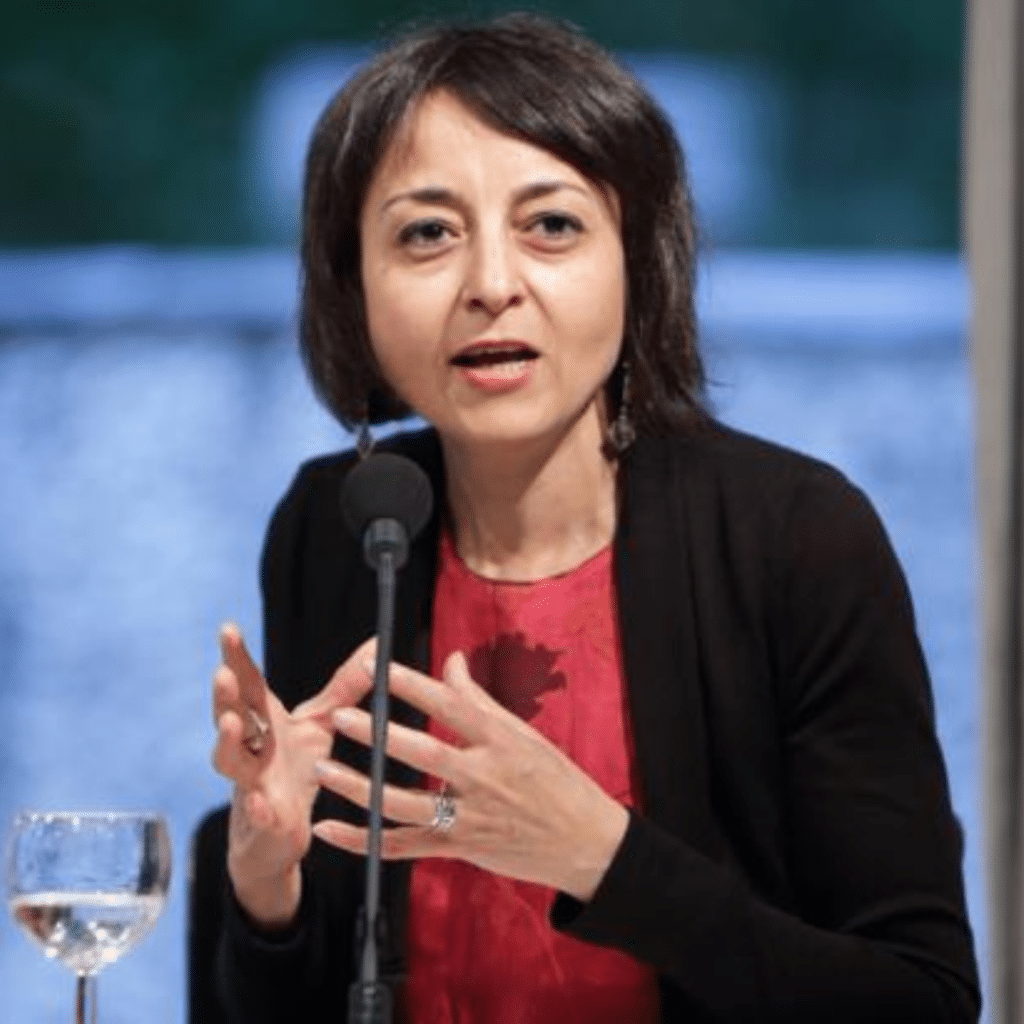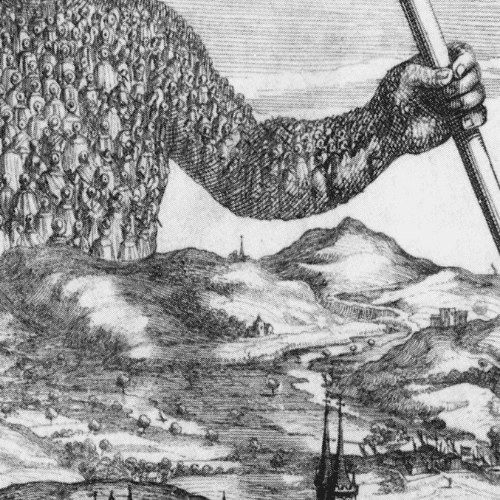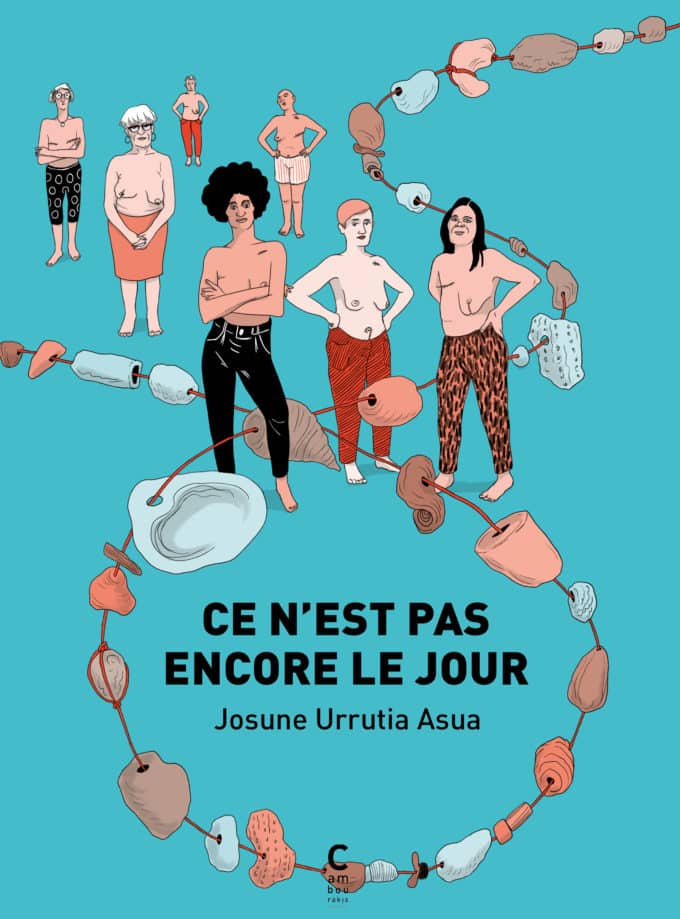Iman Mersal, a novelist and researcher in residence at Iméra (2020-2021), has won the prestigious Sheikh Zayed Book Award in the Literature category. This highly acclaimed award in the Arab literary world recognizes her novel “Fee Athar Enayat Al Zayyat” (On the Trail of Enayat Al-Zayyat), published by Al Kotob Khan Library in 2019 and published in France by Actes Sud in April 2021.

One of the most prestigious awards in the Arab world
The Sheikh Zayed Book Award was created in honor of the late Sheikh Zayed bin Sultan Al Nahyan, founder of the United Arab Emirates federation and leader of Abu Dhabi, to celebrate his role as a pioneer in promoting development and national unity. The award and its associated distinctions are presented each year to outstanding writers, intellectuals, and publishers, as well as young talents whose writing and translation in the humanities enrich Arab intellectual, cultural, literary, and social life without bias.
The Sheikh Zayed Book Award is an independent cultural initiative supported by the Ministry of Culture and Tourism of Abu Dhabi.
On the Trail of Enayat Al-Zayyat
In its verdict, the jury of the Sheikh Zayed Book Award praises the creativity with which the author juggles multiple genres – history, research, investigative journalism – to deliver this “investigative narrative” based on the life of the Egyptian writer Enayat Al-Zayyat, who committed suicide in 1963, four years before the publication of her only novel, thus offering “a source of inspiration for women seeking to know their identity and wanting to understand the roots of the reality that surrounds them in order to define their choices.”
The book, originally published in 2019, was translated from Arabic to French by Richard Jacquemond, Professor of Arabic Literature (Aix-Marseille University and Director of IREMAM (CNRS, AMU)), and published in French in 2021 (Sindbad/ACTES SUD).
The publisher’s perspective (Simbdad/ACTES SUD)
(Excerpts from the book on the Actes Sud website) (in french)
In the early 1990s, Iman Mersal discovered “Love and Silence”, the only novel by Enayat Zayyat, published in 1967 and forgotten, at a second-hand bookseller. She knew nothing about the author except that she had died before being able to publish it.
Twenty years later, she embarked on an investigation that would span several years to try to find out who Enayat Zayyat was and to understand what led this young woman from a good family to take her own life at twenty-seven. She gathered fragments of information from press archives, met actress Nadia Lutfi, Enayat’s closest friend, and then parents and acquaintances. Step by step, she gained access to layers of partial and sometimes contradictory truths that make up a puzzle she knows from the outset will remain incomplete. Was the rejection by the publisher really the cause of her suicide? When did her depressive disorder begin? What role did her divorce, the loss of her son whose father had obtained custody, or the distance from Nadia Lutfi play in this depression? Why did she commit suicide when she had just been hired at the German Archaeological Institute in Cairo for a job that fulfilled her?
All of these questions and many more lead Iman Mersal on a historical and intellectual, poetic and intimate quest that is also an invitation to Egypt today to look at itself in the mirror of its recent past, that of the 1950s and 1960s, which are the subject of a nostalgic cult that this book, far from nurturing, peels like an onion and dissects leaf by leaf until there is nothing left.
About the award-winning writer, Iman Mersal
Iman Mersal is an Egyptian poet, essayist, translator, and professor of Arabic language and literature at the University of Alberta in Canada. She is the author of five books of Arabic poetry, and excerpts of her work have been translated into numerous languages.
She is a resident research fellow at Iméra, Institute for Advanced Study (IAS) of Aix-Marseille University (from February to July 2021) and holds the Camus Chair on lifestyles in the Mediterranean, and in this context, she leads the research project Lakna (accent). Learn more.



